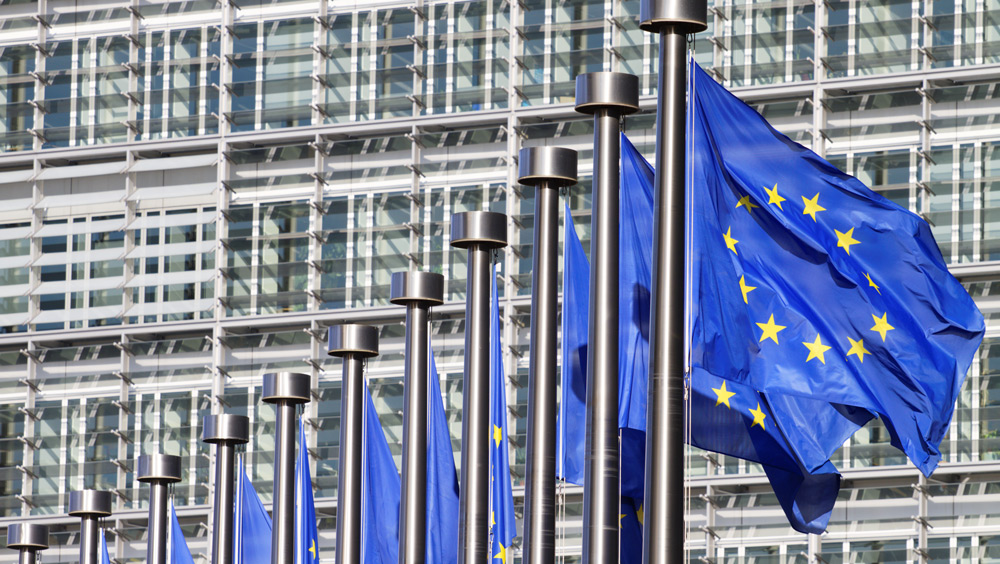Despite the documented violations and genocide committed by the Israeli occupation over two years in Gaza and the differences between this and Russia’s war on Ukraine, the most pressing question in sporting and legal circles remains: Why did FIFA rush to suspend Russia’s participation in international tournaments following its invasion of Ukraine, while not taking the same action against Israel despite allegations of widespread violations against Palestinian athletes?
This question, which is being asked today from the streets of Gaza to the offices of international sports federations, reveals a wide gap between FIFA’s legal text and its practices on the ground.
A swift decision against Russia by FIFA… and a complete absence of sanctions against Israel
In February 2022, just a few days after Russia’s invasion of Ukraine, FIFA and the Union of European Football Associations (UEFA) announced the suspension of Russian national teams and clubs from all international competitions.
The decision was based on ‘exceptional and unprecedented circumstances,’ as described by the Court of Arbitration for Sport (CAS), which later upheld the sanction.
In contrast, despite decades of documented violations by Israel against Palestinian athletes – preventing movement, killing athletes, destroying sports infrastructure, and involving settlement clubs – FIFA has not taken similar action.
This discrepancy has led observers to question whether FIFA applies double standards in enforcing its regulations and whether politics plays a greater role than law in its decision-making.
The legal basis: stronger against Israel but enforced against Russia
Legally, FIFA has broad powers to suspend or expel any association that violates its statutes.
Article 16 of its statutes gives the Council the right to immediately suspend any association that commits a ‘serious breach of its obligations.’ Article 3 also stipulates FIFA’s commitment to respect human rights, and Article 4 prohibits any form of discrimination.
The Russian case
The punishment was imposed because of an external political violation – military invasion – and not because of direct sporting practices. However, FIFA responded quickly on the basis of a “threat to the integrity and integrity of the game”.
The Israeli case
The evidence, on the other hand, relates to direct sporting violations:
- Preventing Palestinian players from travelling to participate in tournaments.
- Targeting sports stadiums and facilities and destroying hundreds of them in Gaza.
- Killing hundreds of athletes.
- Including clubs in illegal settlements in the Israeli league, in clear violation of Article 64 of FIFA regulations.
Despite this, FIFA has not exercised its legal powers against Israel.
The extent of the violations and their impact on football
Russia
Did not prevent international athletes from travelling and did not target foreign sports facilities.
The punishment was more political than sporting in nature.
Israel
Its military policies have completely destroyed Palestinian sporting life:
- Sports activities have completely ceased in Gaza.
- Sports infrastructure has been destroyed.
- Entire generations of players have been lost.
These practices affect the very essence and fundamental structure of the game, yet they have gone unpunished by FIFA.
Political and media pressure
Experts in sports law confirm that FIFA acted against Russia under significant international political pressure led by Europe. The Western consensus on punishing Moscow contributed to a quick and sweeping decision.
In contrast, Israel enjoys significant political and media support in the West, making any move against it more sensitive within international sports institutions, especially since most of the leaders of FIFA and the continental federations come from Europe and North America.
This reality has made FIFA more cautious in the Israeli case, despite the breadth of evidence and the strength of the legal basis.
In the 2018 Palestinian Football Association case concerning settlement clubs, the Court of Arbitration for Sport ruled that FIFA had full authority to sanction Israel, but chose not to exercise that authority. This ruling confirms that the absence of sanctions is not due to legal loopholes, but rather to a lack of will.
As for Russia, the court immediately supported the sanctions, considering that the circumstances ‘justified the exception.’
Two different standards, and the need for a comprehensive review of FIFA’s policies
The fundamental difference remains that FIFA treats Russia as an external political threat, while treating Israel with flexibility despite violations that affect the very core of Palestinian football.
This discrepancy raises new questions about FIFA’s ability to adhere to its stated principles on human rights and non-discrimination, and about the urgent need for an independent oversight mechanism to ensure that rules are applied equally, free from political pressure.
As sporting suffering continues in Palestine, the pressing question arises: does FIFA need global pressure similar to that exerted in the case of Russia before it applies its standards to Israel?
Featured image via the Canary
By Alaa Shamali
This post was originally published on Canary.





 (@DefenceHQ)
(@DefenceHQ) 